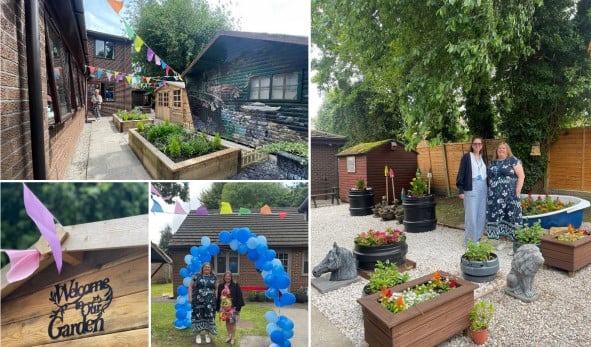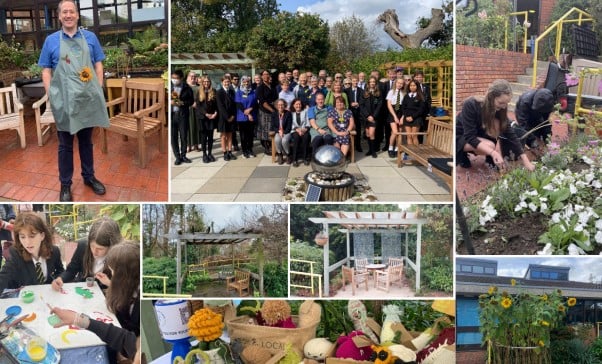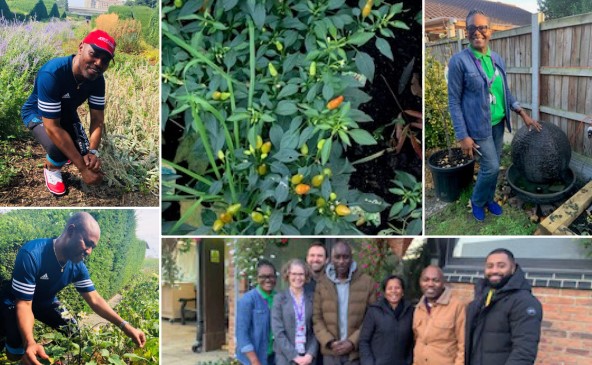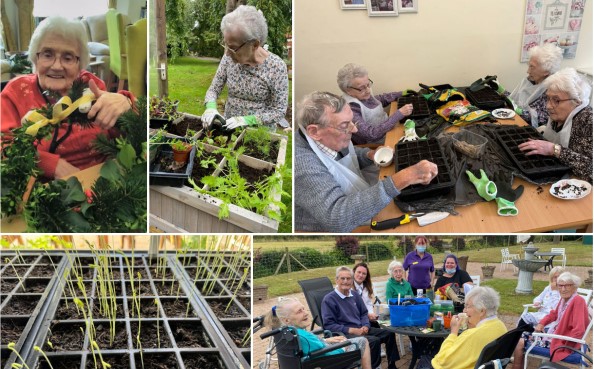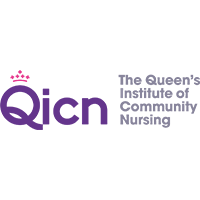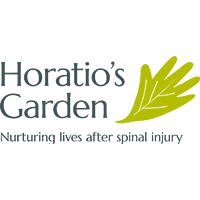NGS Elsie Wagg (Innovation) Scholarship programme report
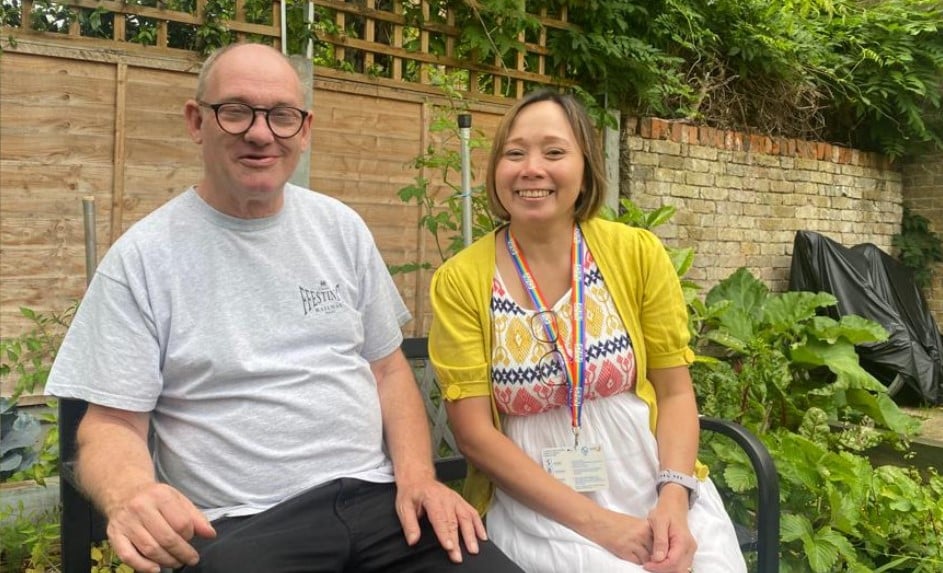
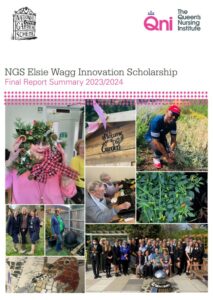 In 2021, The Queen’s Nursing Institute (QNI) and the National Garden Scheme created a scholarship programme for community nurses, the NGS Elsie Wagg (Innovation) Scholarship. Launched by George Plumptre, Chief Executive of the National Garden Scheme, at the Queen’s Nurse Annual Meeting on 12th May 2021, it is open to all nurses working in the community, with five scholarships available for the best applications each year. The projects must promote the health benefits of gardening and garden visiting among a group of people.
In 2021, The Queen’s Nursing Institute (QNI) and the National Garden Scheme created a scholarship programme for community nurses, the NGS Elsie Wagg (Innovation) Scholarship. Launched by George Plumptre, Chief Executive of the National Garden Scheme, at the Queen’s Nurse Annual Meeting on 12th May 2021, it is open to all nurses working in the community, with five scholarships available for the best applications each year. The projects must promote the health benefits of gardening and garden visiting among a group of people.
Named after Elsie Wagg MBE, the QNI council member who originally had the idea to open gardens to raise funds for the charity, which led to the creation of the National Garden Scheme in 1927, the QNI has a long track record of supporting nurses to develop and implement their own ideas to improve the nursing care of the people they care for in the community. Each scholarships comes with a year-long programme of individual and group support, as well as funding to implement the project to improve healthcare.
The latest cohort of scholarships awarded for 2023/24 are summarised in a new report which you can read here
A participant on a current project being run by QN Kendra Schneller – Garden 2 Plate – which aims to improve the mental health and well being of people living/accessing homeless settings told the National Garden Scheme: “I want to say how the garden has done me good. I’ve found something that I enjoy and means something. Something that I care about and something that allows me to care about me. Something that gives me some peace from all of the chaos that comes with hustling and searching for that thing to take me out of my misery. Gardening takes me out of my misery. Even if only for the 10 minutes that my mind and body allows. Thank you for giving money so Kendra can do this. So I can do this.”
More about Gardens and Health
The Queen’s Nursing Institute and the National Garden Scheme have worked closely in partnership as the gardens and health movement has developed over the past decade. Gardens like the ones showcased in these nurse-led projects have clear and measurable benefits in physical, mental and emotional health. The specific benefits of individual projects vary quite widely, while also sharing common themes.
Some people have been helped to develop greater confidence in spending time outdoors, perhaps with their children or other family members. Personal bonds are encouraged to develop in a safe, relaxed and non-threatening environment. Physical activity associated with gardening can have a huge impact on people’s mobility, balance and overall physical condition. The mental benefits simply of being outside can be described more easily than they can be measured, but a growing connection to nature through all our senses can have a transformative effect on almost anyone.
Other projects have connected people with trees and plants that produce fruit and vegetables. In an age when many people derive nearly all their food from shops, many of us have lost connection with the origins of food production. Food grown in gardens is more sustainable, having lower ‘food miles’, is often largely organic, and is natural and unprocessed.
People of all ages can benefit from gardening and some of the most effective projects have been with care homes and nursing homes, making better use of the gardens that many homes have, re-igniting a lifelong hobby for many residents.
The gardens and health movement has great potential to support national and local efforts to improve good health and prevent ill health, to support healthier lifestyles and promote self-care, and to reduce health inequalities – all national policy imperatives for the National Health Service and part of the wider effort across the whole health and care system.
The science behind the health benefits of gardens and gardening is still very much in development. It can be much harder to measure the benefits of such ‘soft’ health and lifestyle changes, compared to the ‘hard’ data gained from pharmacological interventions. Both approaches are necessary if we are to achieve better individual and population health – we cannot medicate our way out of a public health crisis.
For more on the National Garden Scheme’s Garden and Health programme click here
Applications for 2025 are open until 1 November – click here for details




